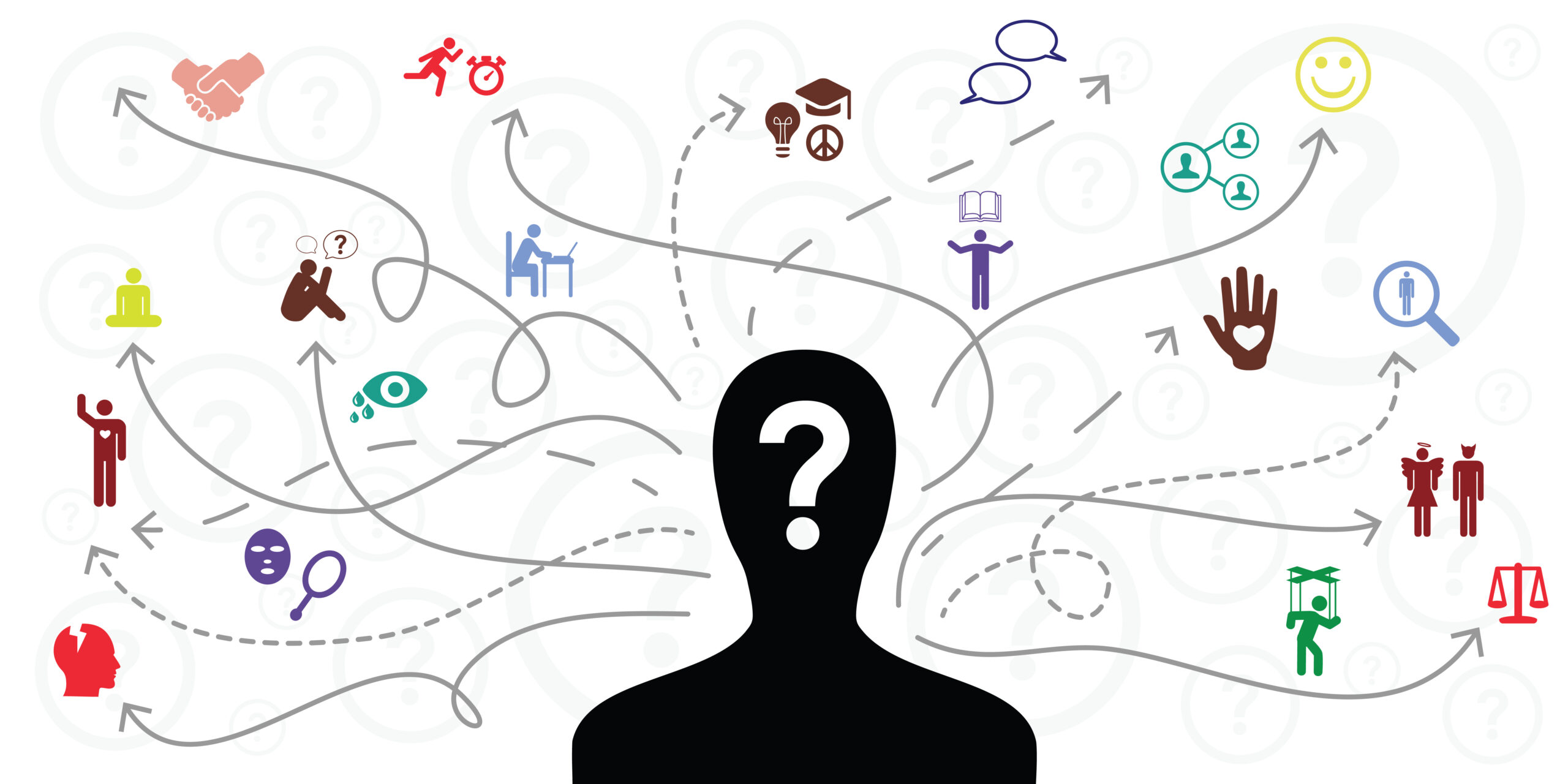No, not right now, but yep, I’ve definitely been there. And I have clients who have said this to me. Some version of “I don’t know what to do – I don’t love this anymore.” Or they tell people they love their job, even when they secretly don’t.
When we work in mission-driven spaces, we are expected to love our jobs. In his book, The Good Enough Job, Simone Stolzoff marvels at how our culture has essentially equated our jobs with our identities. We introduce ourselves to one another by saying “what we do” instead of “what we like” or even “what we care about.” And the advice “love what you do and never work a day in your life” has become the bar against which we measure our success. Stolzoff argues that this is way too high a bar – that SOMETIMES, work is a means to an end – it’s what allows us to do what we love. It gives us the resources we need to spend time with loved ones, travel to new places, and pursue hobbies and other interests.
But back to the question at hand. If you find yourself noticing that you don’t love your job, what should you do about it? Well, that depends!

When clients come to me about this issue, I ask a few questions.
- In the context of your current life circumstances, how important is it to you to love your job?
- Do the aspects of your job that you don’t care for bleed over into your day-to-day life, or do they stay fairly well contained within the workday?
The answers to these questions will inevitably lead to a larger discussion, but they are at the center of deciding whether anything should be done about it, and if so, what.
Take Stella for example. Stella came to me with frustration about her job a few years ago. She felt there was no longer room for her to grow, and she was worried about the implications of having the same title on her resume for a number of years. She was also frustrated with some of the projects she was assigned to – they didn’t feel energizing as they had once before, it felt as if she was just going through the motions.
When we dug into the idea of leaving and taking on a new job, Stella talked a lot about the flexibility her current role allowed her to be present for her two young children. She worked from home, could easily pop out for an event at pre-school or to pick up at daycare if one of the kids was sick.
The more we talked, Stella realized that at this point in her life she valued that flexibility over feeling passionate about the work she was doing. Having both would have been nice, but she wasn’t willing to risk giving up the flexibility to prioritize passion for her work and professional growth opportunities. She also found that she was pretty skilled at leaving her frustrations “at work.” For Stella, not loving her job meant she could treat it as a means to an end – it was a job that paid the bills and allowed her to be the mom she wanted to be.
After coming to this conclusion, my advice to Stella was to keep an eye on the impact the frustrations were having on her. If and when they started to impact her mental or physical health, or the frustration of the job was seeping into the other parts of her life, we should revisit the conversation and consider a change. But for now – go be the best mom you can be!
On the other hand, there’s Bec. Bec had once loved her role and the people she worked with. Over time, her organization evolved, and her role had changed. She didn’t love it so much anymore. She, like Stella, recognized the benefits her current employer offered: competitive compensation, job security, and a generous paid time off policy.
What made Bec’s situation different was the impact not loving her job was having on her life outside of work. She had a hard time being motivated to get out of the house on the weekends and engage in her usual activities. Her work boundaries became fuzzy because she would get distracted by negativity during the workday and would have to put in hours in the evening or on the weekend to get her work done. And Bec also realized that it was very important to her to get a sense of fulfillment from her job. When she had that in the past, other aspects of her life blossomed. Now, she felt like everything was crumbling.
For Bec, not loving her job meant it was time to make a move.
So, what to do when you don’t love your job? It depends!
What do you think? Is it important to LOVE your job? What other questions are important considerations when you realize that you don’t?
0 Comments